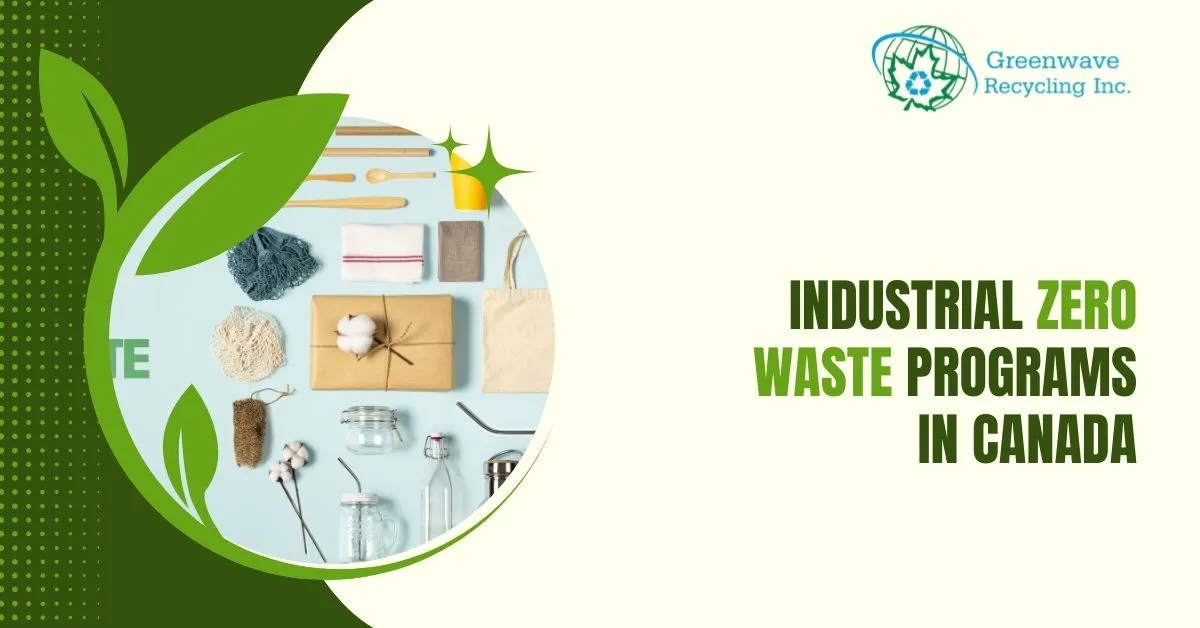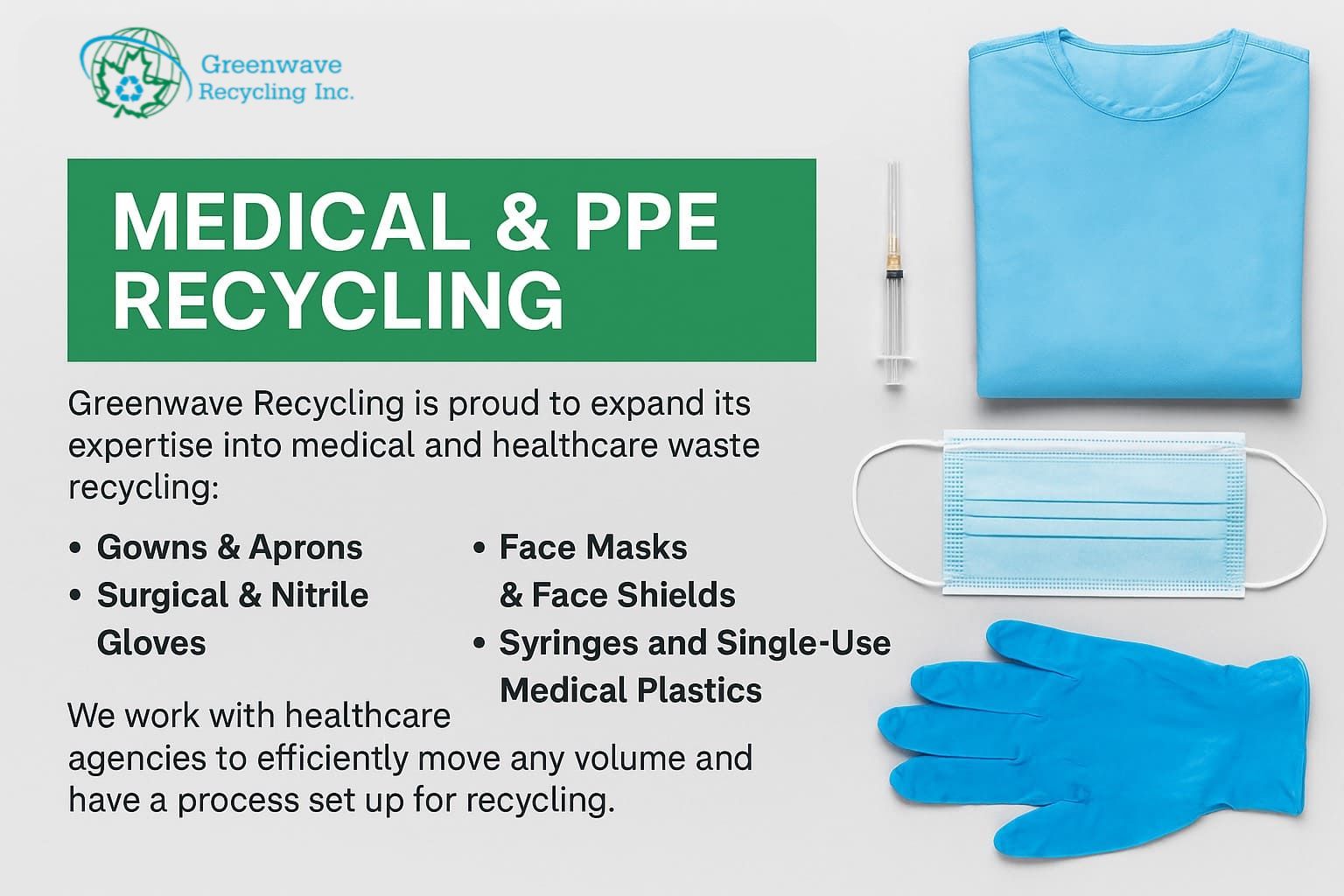The COVID-19 pandemic reshaped public health systems across the globe. In Canada, the mass adoption…

Industrial operations generate a significant share of Canada’s total waste, with plastics, packaging, and by-products often ending up in landfills. To address this challenge, many businesses are adopting industrial zero waste programs—comprehensive strategies designed to reduce waste, recover valuable materials, and create a more sustainable, circular economy.
What Are Industrial Zero Waste Programs?
Industrial zero waste programs are structured systems that focus on eliminating landfill waste by redesigning processes, reusing materials, and recycling post-industrial by-products. Unlike traditional recycling, these programs emphasize efficiency and accountability, ensuring waste is not only diverted but also reintegrated into the production cycle.
Benefits of Industrial Zero Waste Programs
- Cost Reduction – Lower disposal fees and recover value from materials like LDPE, HDPE, and PP.
- Regulatory Compliance – Stay aligned with Canadian waste management policies and ESG standards.
- Environmental Impact – Minimize greenhouse gas emissions and landfill waste.
- Brand Reputation – Position your company as a sustainability leader in the Canadian market.
Examples of Zero Waste in Canadian Industries
- Manufacturing Plants: Recycling scrap plastics and metals into usable resources.
- Packaging Companies: Transitioning to recyclable and reusable materials.
- Food & Beverage Industry: Diverting organics and reducing single-use plastics.
Construction Sector: Repurposing demolition debris and adopting circular building practices.
Ready to implement zero waste in your industry? Contact us today for customized industrial recycling solutions across Canada.
How to Implement an Industrial Zero Waste Program
- Conduct a Waste Audit – Identify waste streams and volumes.
- Segregate Materials – Separate recyclables like plastics, metals, and organics.
- Partner with Experts – Work with certified recyclers like Greenwave Recycling.
- Employee Training – Build awareness to ensure compliance.
- Track Progress – Monitor diversion rates and continuously improve.
Challenges in Industrial Zero Waste Programs
- High upfront costs for system redesign.
- Limited recycling infrastructure for specific plastics.
- Behavioural change required within organizations.
With the right strategy and partners, however, these challenges can be overcome.
Greenwave Recycling’s Role in Industrial Zero Waste
At Greenwave Recycling Inc., we help Canadian industries achieve zero waste goals by:
Frequently Asked Questions
It’s a structured strategy that eliminates landfill waste by recycling and reusing industrial by-products.
They cut costs, ensure compliance, reduce emissions, and support Canada’s sustainability goals.
Manufacturing, packaging, food & beverage, and construction sectors benefit the most.
Begin with a waste audit, segregation, and partner with certified recyclers like Greenwave Recycling.
Yes. They lower waste disposal costs and recover material value, offering long-term savings.
Conclusion
This innovative zero-waste plastics initiative is a vital part of Canada’s effort to tackle plastic waste through sustainable recycling solutions. By adopting advanced technology, promoting community involvement, and supporting circular economy principles, it helps reduce the environmental footprint of plastics and fosters a healthier planet for future generations. Supporting programs like this is key to building cleaner, greener communities and a more sustainable future for Canada.




